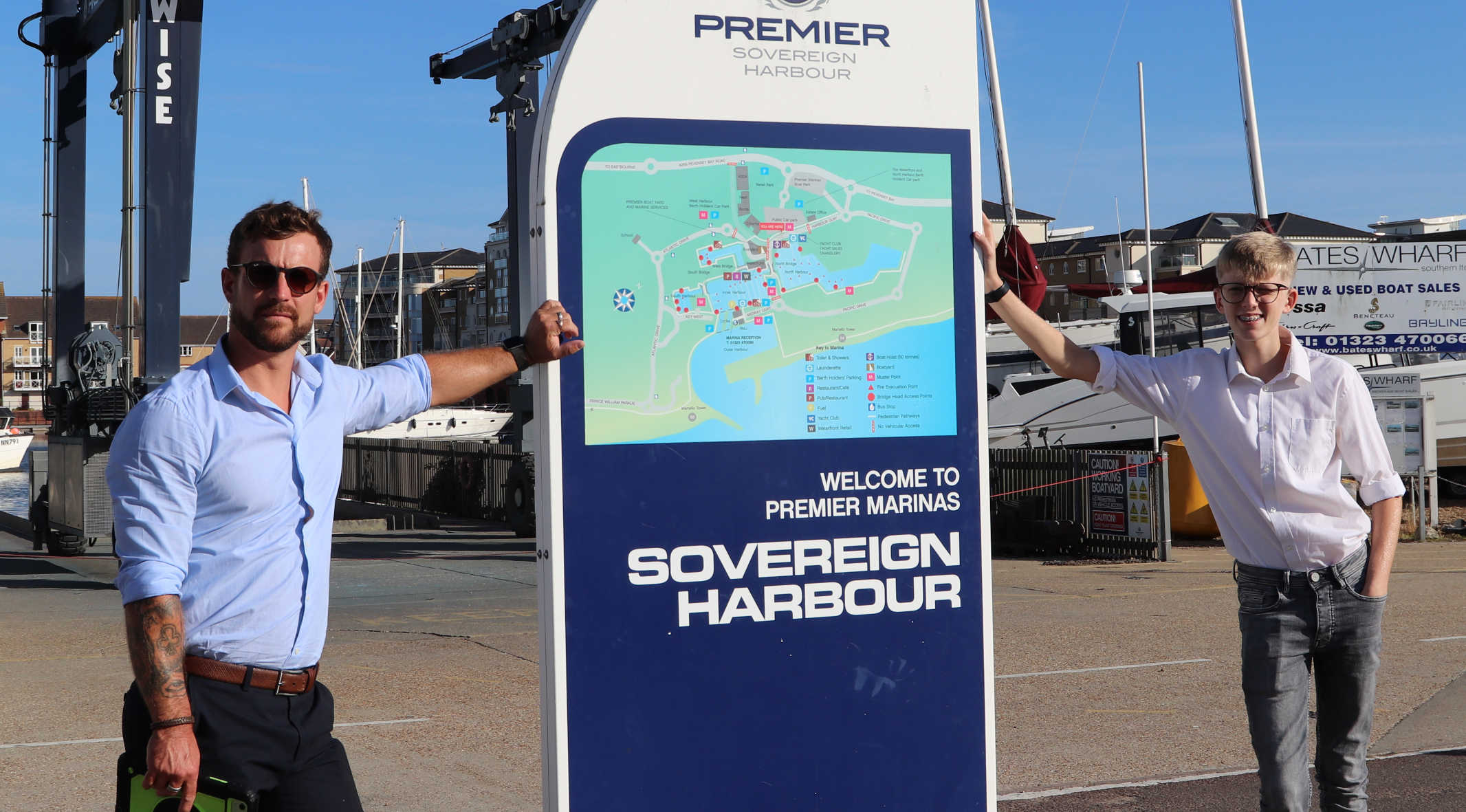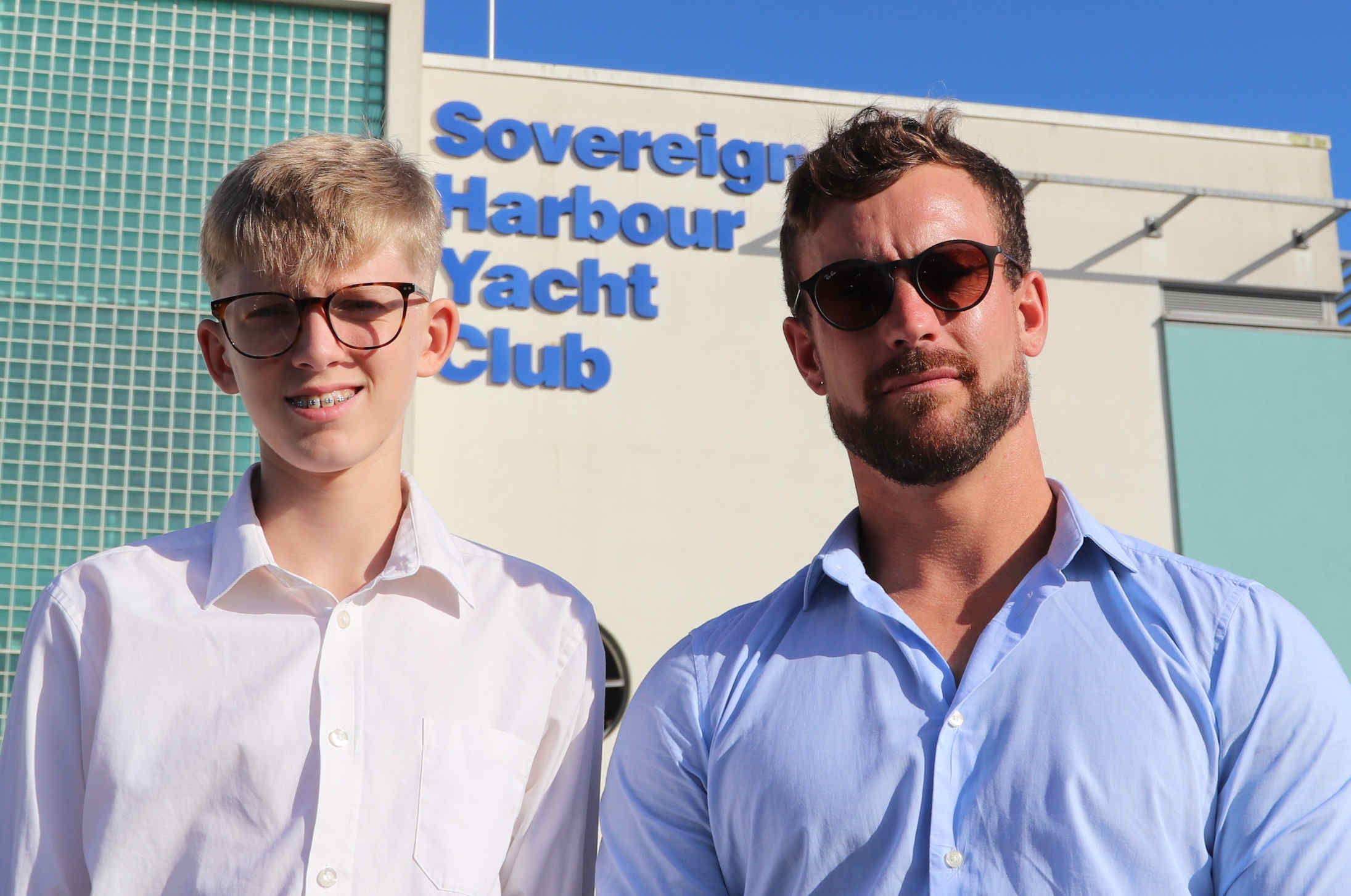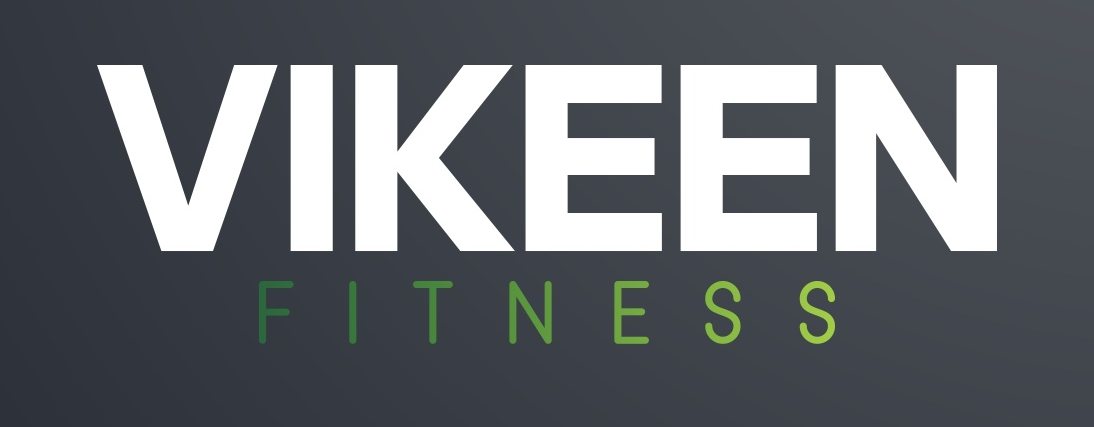
TEAM
ELIZABETH SWANN - A different kind of water sport: Terry and Ryan are team members of the Elizabeth Swann,
JVH2, hydrogen powered ocean racing trimaran.
A boat designed to challenge the diesel
record, to achieve a circumnavigation
in under 80
days - as per the famous Jules Verne novel. Terry says: The fitness fundamentals for sailors are aerobic endurance and muscle
strength is much the same as for most water sports. Diet is very
important, linked to a good exercise regime. Terry is a vegan and
personal trainer. He has
never been fitter and stronger, than when changing to a no-meat dietary
plan. Their team are looking for an experienced skipper on the south coast of
England, for an attempt at, and to set a Jules
Verne zero emission record, aiming for a boat in the water by 2024 - the
150th anniversary of Verne's prediction that H2 would be the fuel of the
future. Contact
the Cleaner Ocean Foundation for more information.
.
PREPARING
FOR YOUR CHOSEN WATER SPORT
Most water sporting enthusiasts donít need an intensive exercise regime to
enjoy their chosen sport, which tends to keep you fit and active
stand-alone. That said, strength and endurance can be really beneficial when youíre spending
a lot of time on, or in the water - and give you the endurance edge over other teams in, for example, competitions, when you will need a far higher level of power and endurance.
Especially swimmers and rowers.
The type of water sport you love will impact the type of training you need. It is specific to your
expectations. For example, leisure canoeing and scuba divers may not need to be ocean athletes. But it pays to keep your body in good condition, to be able to meet
any challenges rivers
and seas can throw at
you, and keep your mind alert to changing conditions, when the
opportunity to build up stamina during sporting activities is limited,
those exertions rather draining reserves.
Diet is important, to help you stay in shape, and to build up your stamina before embarking on your
water based adventures. Water being one of the most important
ingredients for life
on planet earth.
Exercise and diet is thus interlinked, especially for those who are climate
conscious, perhaps contemplating a pescatarian,
vegetarian, or most demanding of all, a
vegan diet while afloat.
When you canít get out or in the water, try to work on your fitness at home instead. It is hard to stay in shape during
off-seasons, with high calorie meals during winter celebrations, that pile on the pounds. Making it all the more difficult to stay fighting fit when itís time to get back
to your water sport.
1
- Overload: Gradually work the muscles harder to get stronger. Gradually add to your training Ė weight, number of repetitions, variety and/or number of sets. By gradually, we mean no more than 10% addition to your last session in terms of weights/reps Ė anymore and thereís greater risk of injury.
2 - Overhaul: Every four weeks or so you should revamp your program to give the muscles completely new exercises and loads. Muscles like to be challenged and stimulated in different ways.
3 - Specificity: Your strength gains are specific to the movements and speed of movement you do in training. If you need high arm speed and moderate strength
for rowing or kite surfing, then your gym training should reflect this movement speed and
the muscle groups used.
4 - Progression & Specifics: Sequence training so that you start with a period of building muscles, then move towards very sport-specific exercises, loads and movement speeds.
As an example, if you have, say, six months to develop your strength, begin with a build-up month of three sets of 12-15 reps, followed by two months of gradually heavier weights and fewer reps to get you really strong (three to four sets of 6-8 reps). Then turn towards endurance with a month of three sets of 15-25 followed with a month of circuit-style exercises (40s on, 20s off). Finish with a month of pure strength/endurance work Ė higher reps of very
sport-specific exercises.
5 - Recovery: Allow 48 hours between strength sessions. So, for general purpose strength gains, you
would train three times a week.
6 - Posture & Balance: Include exercises that improve posture, balance, joint stability, abdominals and back muscles. These Ďab and backí exercises are nice to do at the start of a session, rather than the end, so they donít get left out and they will prime those muscles to work during the session.
7 - Adaptation: Be prepared to modify and fine tune your training each day to allow for not feeling 100%,
some of the time (meaning harder on/in-water training) and a desire to add variety.

YOUTH
OCEAN AMBASSADOR - Ryan is the youngest member of the Elizabeth Swann
team. He is coached in fitness matters by Terry, a seasoned vegan, having
weaned himself off meats over a year ago. Ryan has been attending
exhibitions and events for many
years. Often helping to man the stands at events where (for example) the
SeaVax
proof of concept vessel was on
display.
WATER
SPORTS A - Z
Canoeing
Diving (high)
Kite Surfing
Olympics Games
Rowing
Scuba Diving
Surfing
Swimming
Water Polo
Water Skiing
Whitewater Rafting
Yachting
The
stronger you become both
mentally and physically, the better you will become at coping with the stresses associated with competition, if that is your aim. You need to be sharp, prepared and capable in order to win competitions.
Especially when competing in the Olympic Games.
If you want to improve your general fitness, you don't need to be quite so disciplined and focused. But, it pays to make the effort when you can.
So think about your health, diet and exercise, for which you will see
results, and being healthier, is one way of remaining youthful and
living longer.
If it was easy, then everyone would be doing it.
